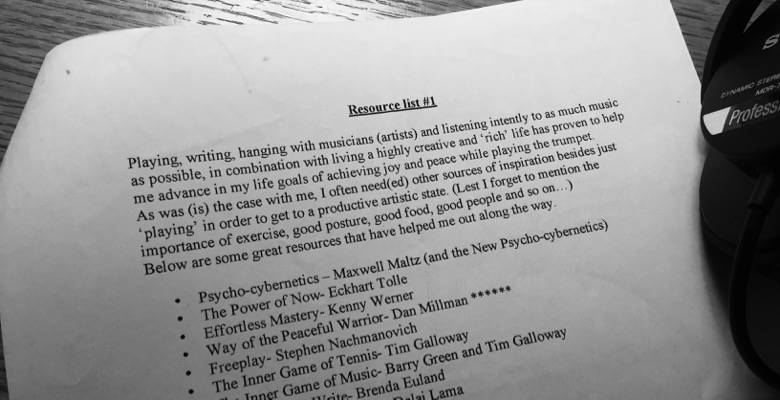What Do We Owe Musicians?

What do we owe musicians?
What if the answer is . . . nothing?
I’m reading Seth Godin’s excellent book What to Do When It’s Your Turn (and It’s Always Your Turn), and I’m struck by this passage on page 99:
[The] feeling of being owed is toxic.
And on page 101:
What do we owe the singer who trained for years to sing us that song? What do we owe the person who spoke up at the meeting with a brand new idea? We have all sorts of moral and cultural obligations, but the artist must act as if:
 Do you have a mental list of “things I should be doing more of?”
Do you have a mental list of “things I should be doing more of?”


 In June 2010, I was having a real rough time. I was an aspiring professional trumpet player with an injured lip, and I couldn’t play. I was also trying to finish a graduate degree in music at the time, so this was kind of a problem. I had other problems, too:
In June 2010, I was having a real rough time. I was an aspiring professional trumpet player with an injured lip, and I couldn’t play. I was also trying to finish a graduate degree in music at the time, so this was kind of a problem. I had other problems, too: